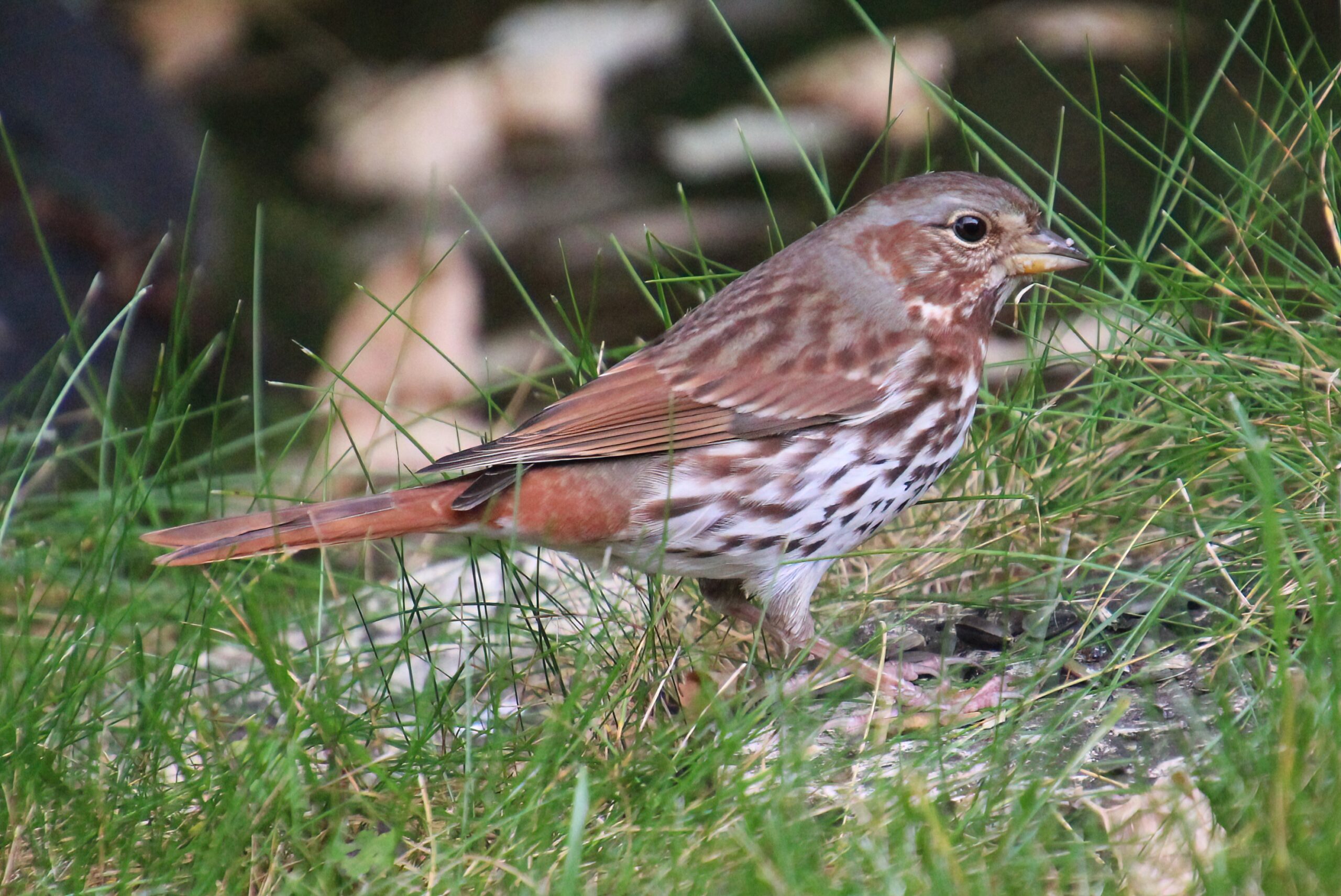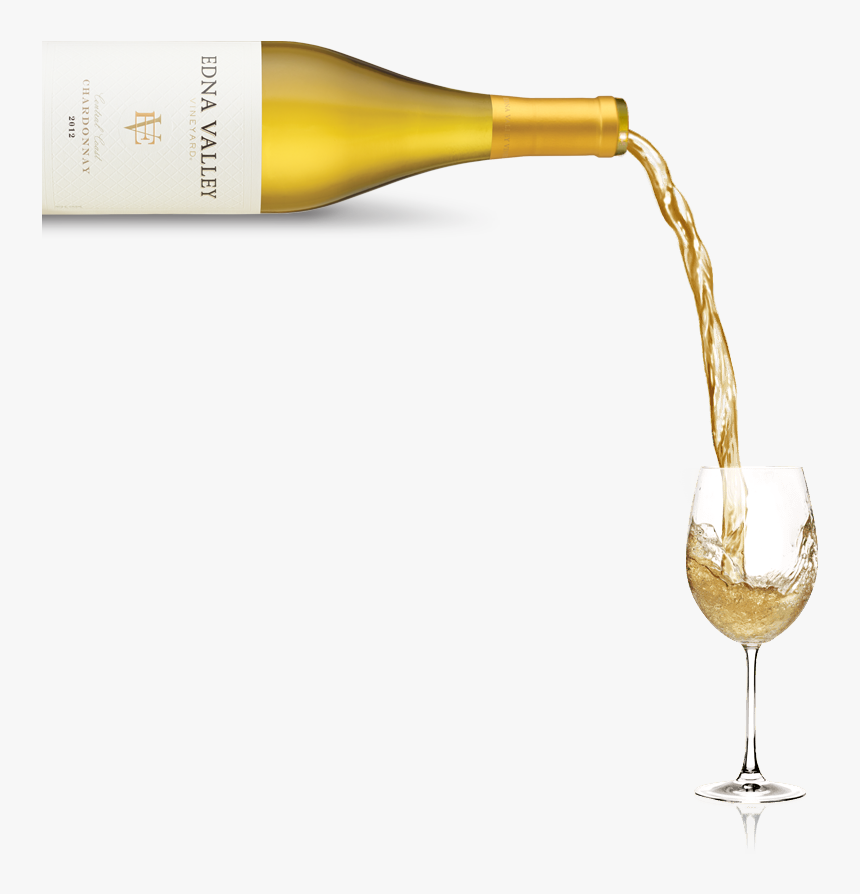The dog days of summer have finally arrived. After a bleak and rainy spring, the hot and sunny days at the beach are now a daily pastime, followed by fun and festivities late into the evening, thanks to the extended daylight hours.
It is this time of year that lends itself to the summery wines, and no wine defines summer more than Moscato.
Moscato wine comes from the Muscat grape, whose origins have been lost in the murky depths of time. The grape itself has been crossbred with many varietals, and there are now more than 200 unique strains within the Muscat family.
Similar to the Syrah/Shiraz method of using different names for the same grape, you may see Moscato referred to as Muscat, Moscatel, or Moschato, depending on the country that produced the grapes.
While the many grape varietals in the Moscato family can now be found all over the world, most wine scholars agree that the grape originated in the middle east, possibly in the areas now known as Egypt or Oman.
The most distinctive characteristic about the Moscato grape varietal is its highly aromatic bouquet.
Moscato is usually made in the frizzante style of wine, also known as semi-sparkling. These wines undergo a minor seconday fermentation in the bottle, producing a small amount of tiny bubbles in the glass. Frizzante wines are not nearly as bubbly as Champagne, and the refreshing tingle is welcome on a hot summer day.
As for the taste, Moscato wines are extremely fruit-forward, and are meant to be consumed fresh and young, rarely spending any time in an oak barrel before bottling.
The flavours run towards pear and apple, with ripe peach and apricot on the finish. With its complementary floral aromas, this is a fresh and vibrant wine that cries out for pairing with salads, cold antipasto, or apple pies.
This wine is much lower in alcohol than most, usually weighing in around 7% ABV, while most wines are in the 12-16% range. It is also best served when well chilled, so don’t worry about serving straight from the ice bucket out on your back patio or dock.
The most famous style of Moscato comes from Italy, and is known as Moscato d’Asti, named for the village of Asti where the grapes are grown. This particular wine is made with the white Muscat Blanc grape, and is very low in alcohol, weighing in around 5-6% ABV. With a perfumed aroma wafting from the glass, the tiny bubbles on the tongue contribute to the dryness of the wine by masking any residual sugar left unconsumed by the yeast during the fermentation process.
While most Moscato is made in the frizzante style and is a light and refreshing wine, there is a style of Moscato made as a dessert wine, which is much sweeter and less fruit-forward. Dessert Moscato made with darker grape varietals in the Moscato family, is usually aged in oak, and is often a tawny orange-red hue, unlike its fizzy siblings.
The dessert wine styles of Moscato tend to be made in the south of Spain and in Australia, where the hotter temperatures better suit the Orange Muscat grapes used in this style. While the highly aromatic bouquet is similar across all the Moscato grape varietals, the Orange Muscat grapes have an interesting oily texture that coats the tongue, making it well-suited as a dessert wine.
Moscato has been enjoying a surge in popularity over the past few years, with the Barefoot Moscato from California leading the pack as the undisputed leader in the North American market. Priced at a mere $10 in well-stocked liquor stores in Alberta, this is a no-brainer for whiling away a sunny Saturday on the patio with friends.
For those who prefer to support our domestic wine industry, the up-and-coming Benjamin Bridge winery in Nova Scotia makes a scrumptious Moscato bursting with fruit flavours and a delicate fizz to keep it refreshing. This wine is harder to find at the smaller neighbourhood booze merchants, but the larger chains like the Calgary Co-op Liquor Stores always have them in stock.
Closer to home, your intrepid liquor reporter has picked up several bottles of the Hillside Estates Muscat when visiting their winery in the Okanagan Valley. I generally drink them quickly, as Moscato does not tend to improve with age, so drink them if you have them!






